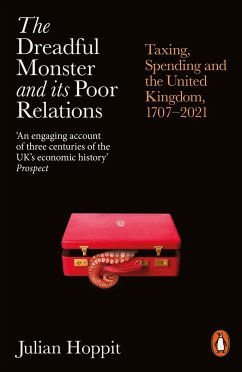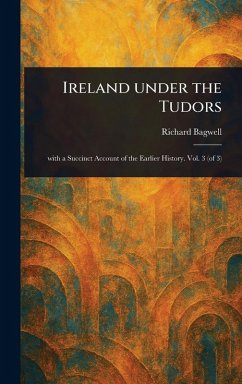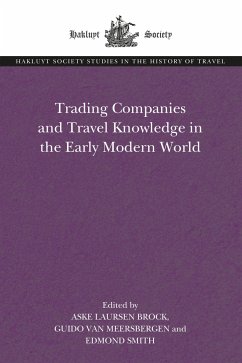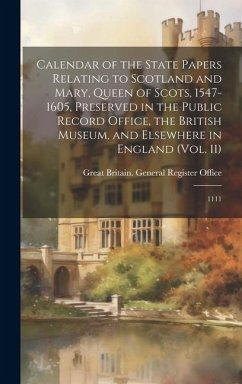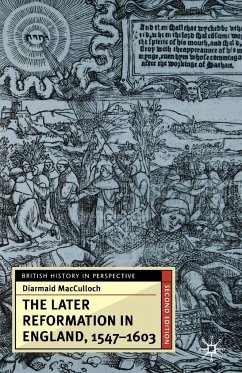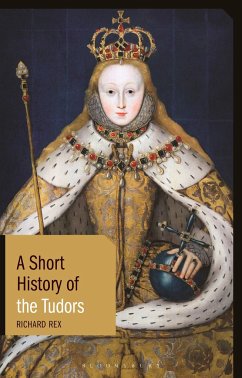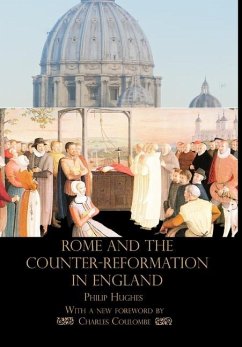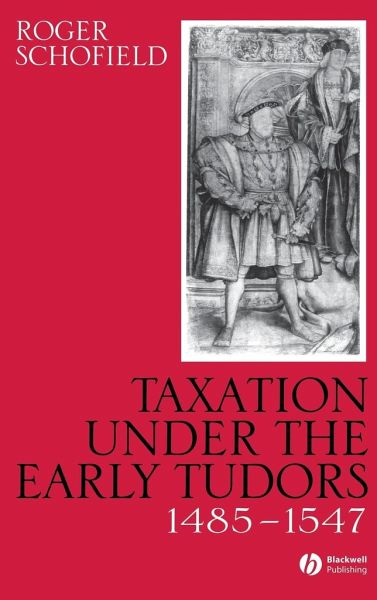
Taxation Under the Early Tudors 1485 - 1547

PAYBACK Punkte
64 °P sammeln!
If taxation is the mobilization of economic resources for political ends, it is evident that any study of taxation must probe well beyond the administrative technicalities of its subject. Social, economic, political and administrative history are all part of the investigation. The early Tudor period is especially significant in the history of taxation. This new study examines the taxes granted by parliament to the crown between 1485 and 1547. Under Henry VIII, taxation based on the direct assessment of each individual was revived, having been abandoned as unworkable in the fourteenth century. ...
If taxation is the mobilization of economic resources for political ends, it is evident that any study of taxation must probe well beyond the administrative technicalities of its subject. Social, economic, political and administrative history are all part of the investigation. The early Tudor period is especially significant in the history of taxation. This new study examines the taxes granted by parliament to the crown between 1485 and 1547. Under Henry VIII, taxation based on the direct assessment of each individual was revived, having been abandoned as unworkable in the fourteenth century. In the long run, the Tudor experiment failed: direct assessment was abandoned again after decades of complaint about evasion and under-assessment in the mid-seventeenth century, and was not restored until the end of the eighteenth century. But examination of the experiment, and of the timing and causes of its failure, throws light on the changing political limits of the Tudor state. Schofield's research marks an important advance in our understanding not only of the fiscal resources available to the English crown but also of the broader political culture of early Tudor England.



